Intro to Local Materials: Online February 22-23
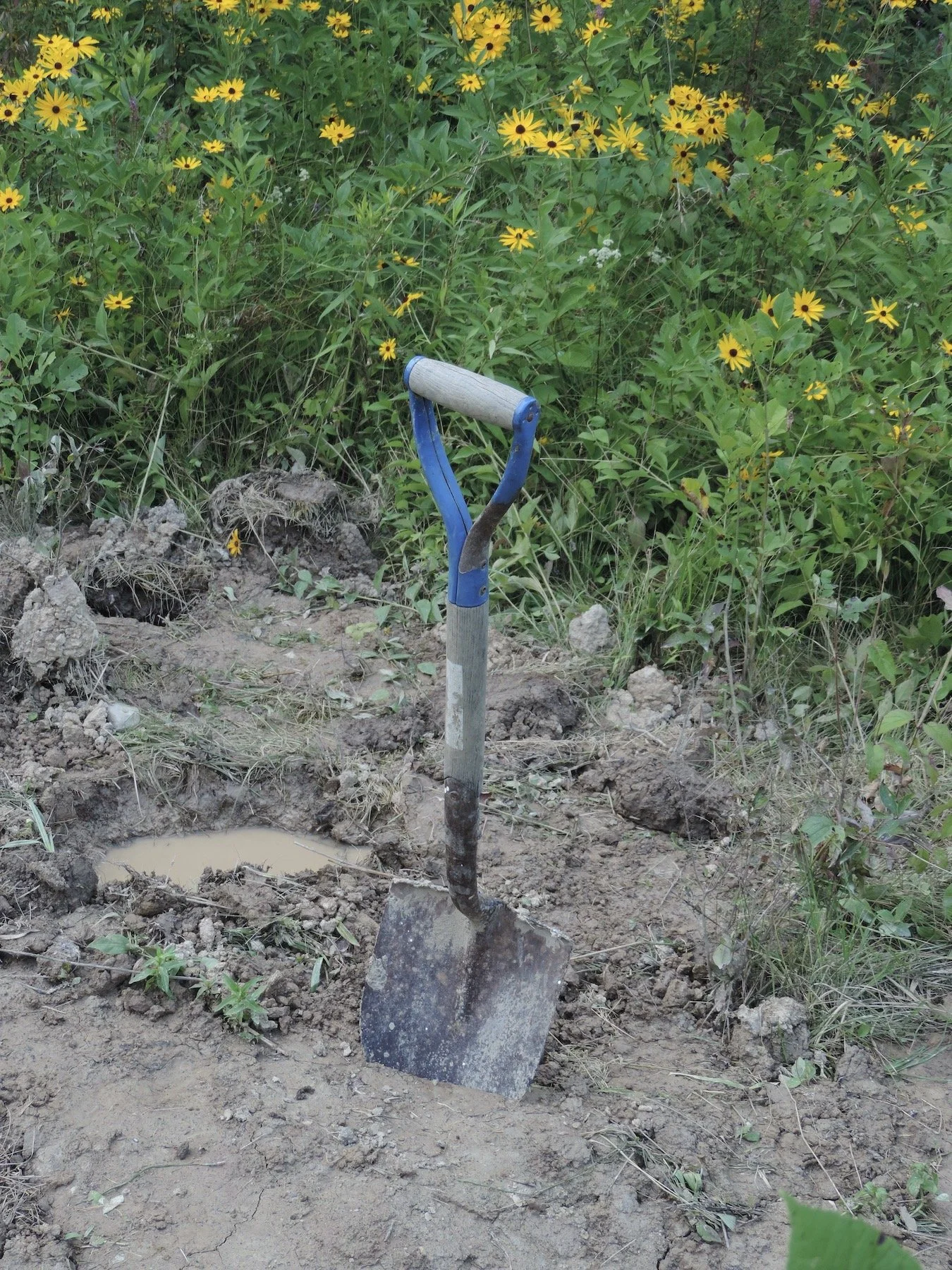
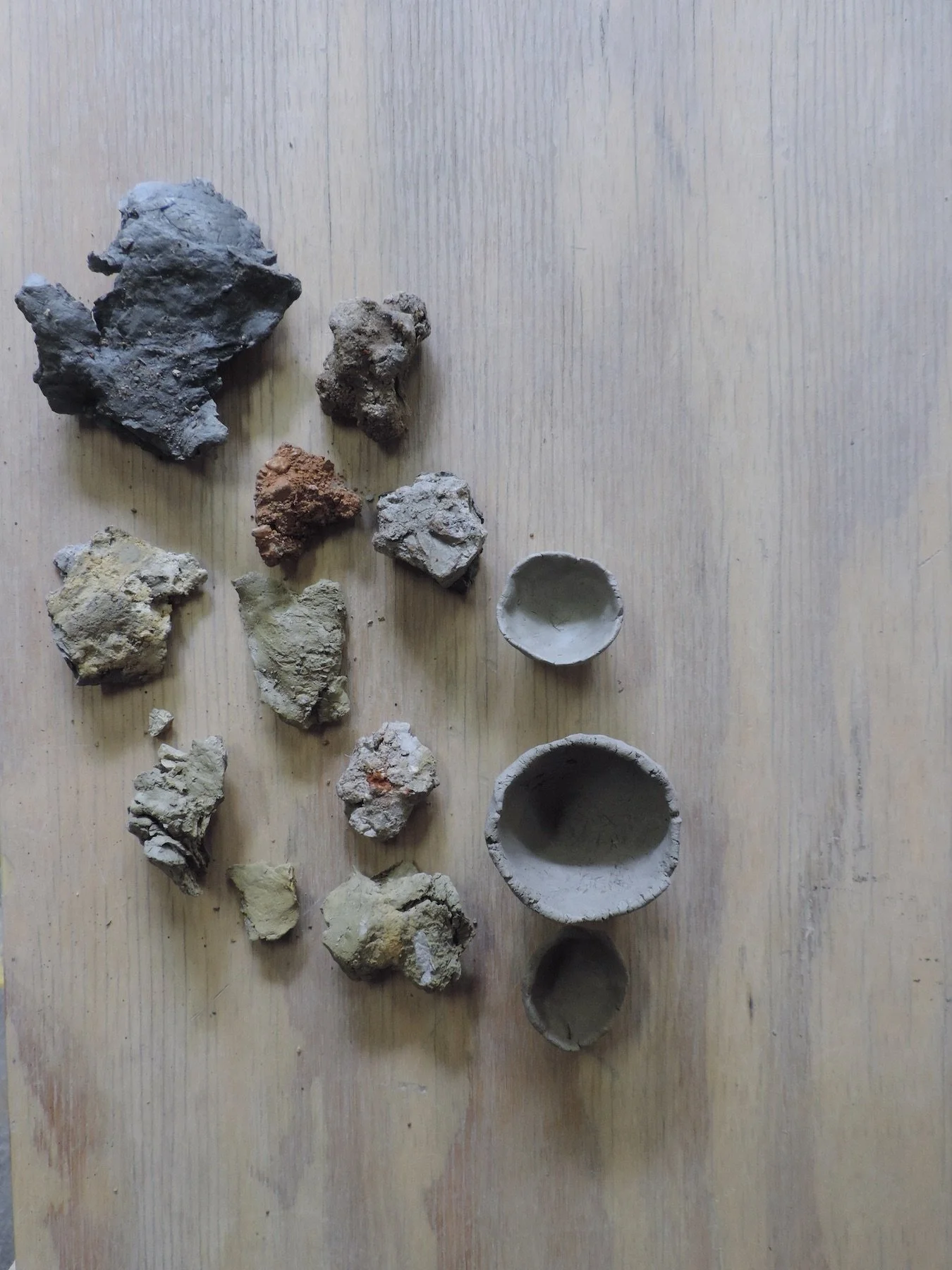

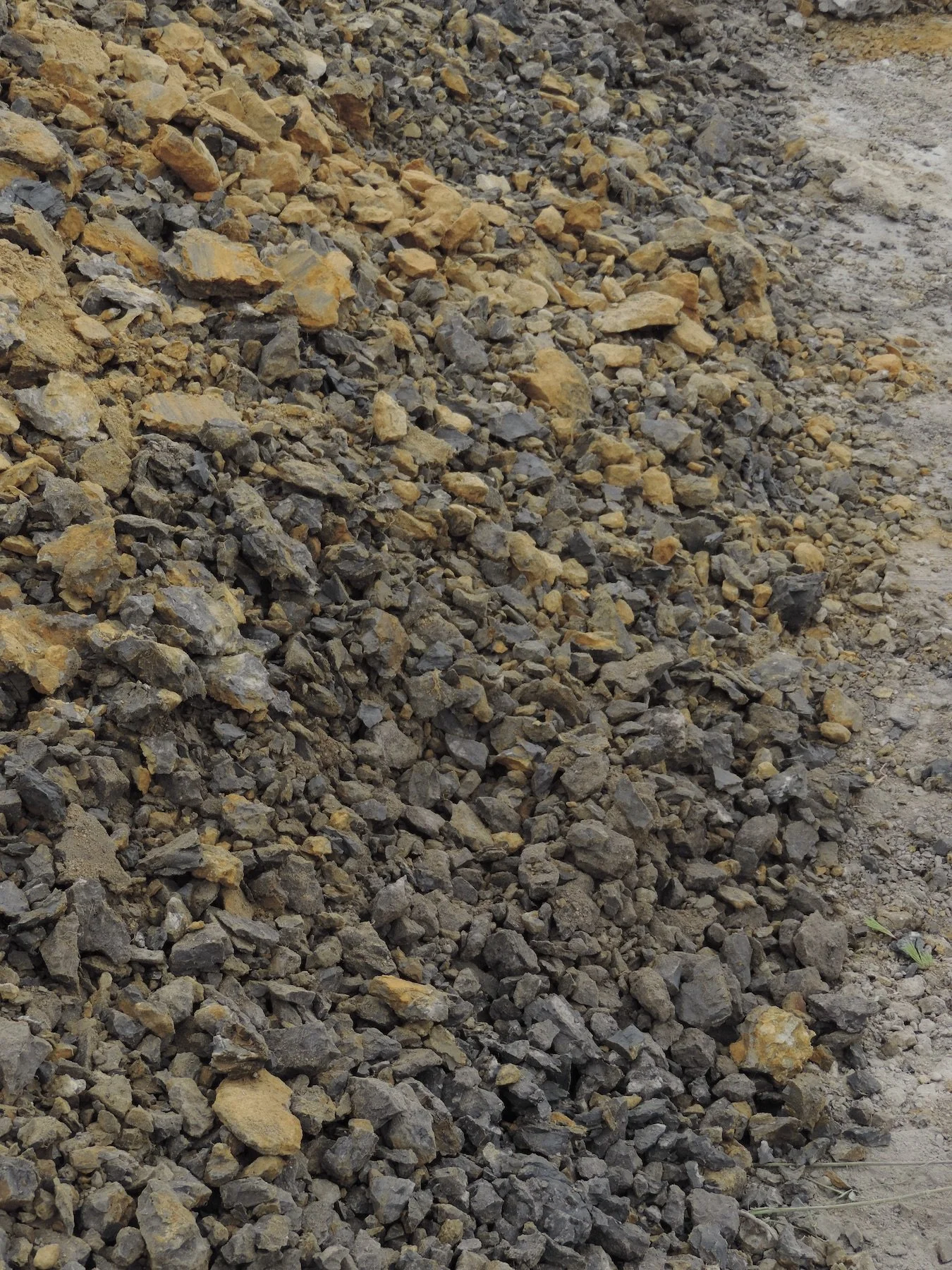
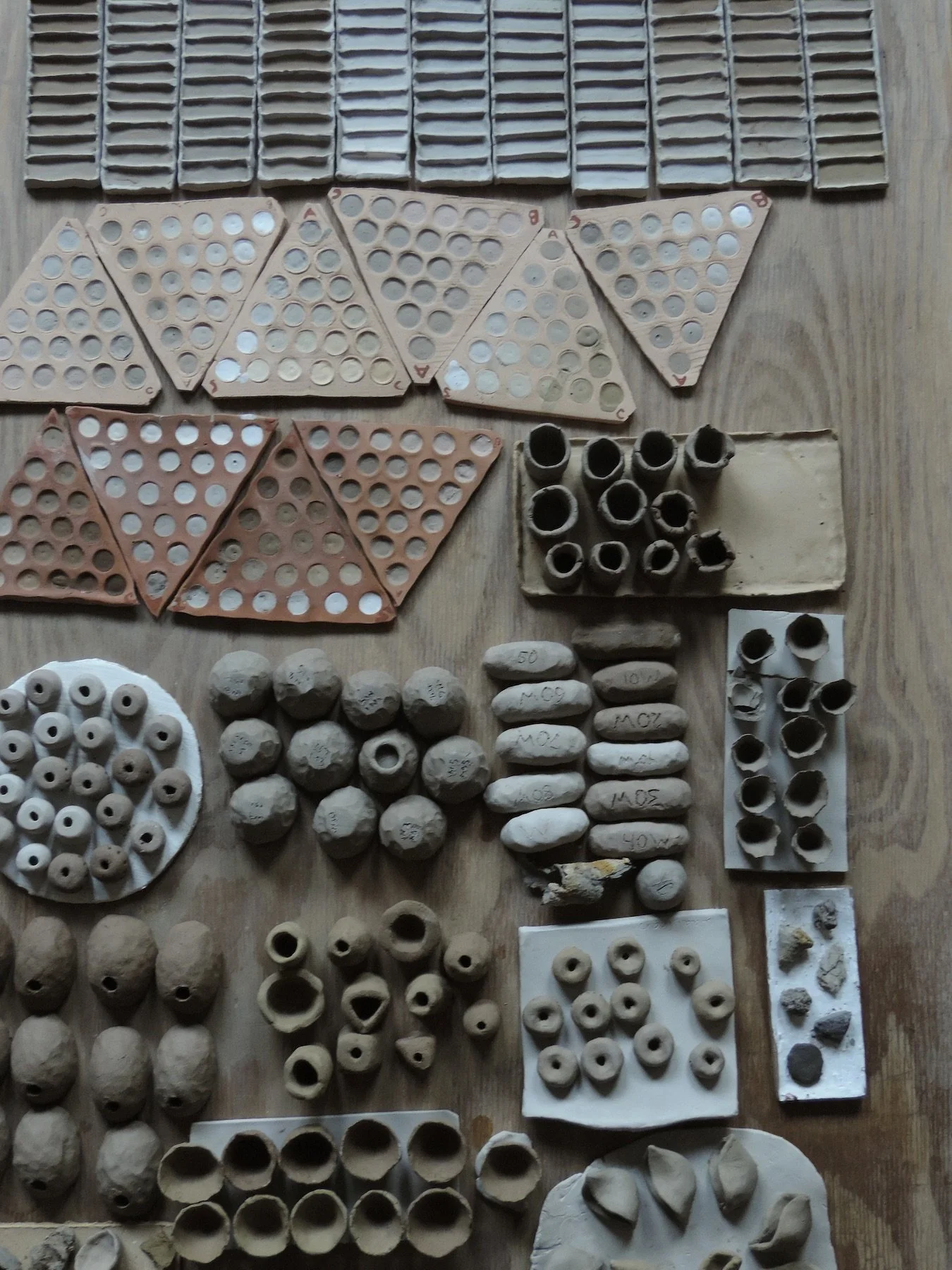
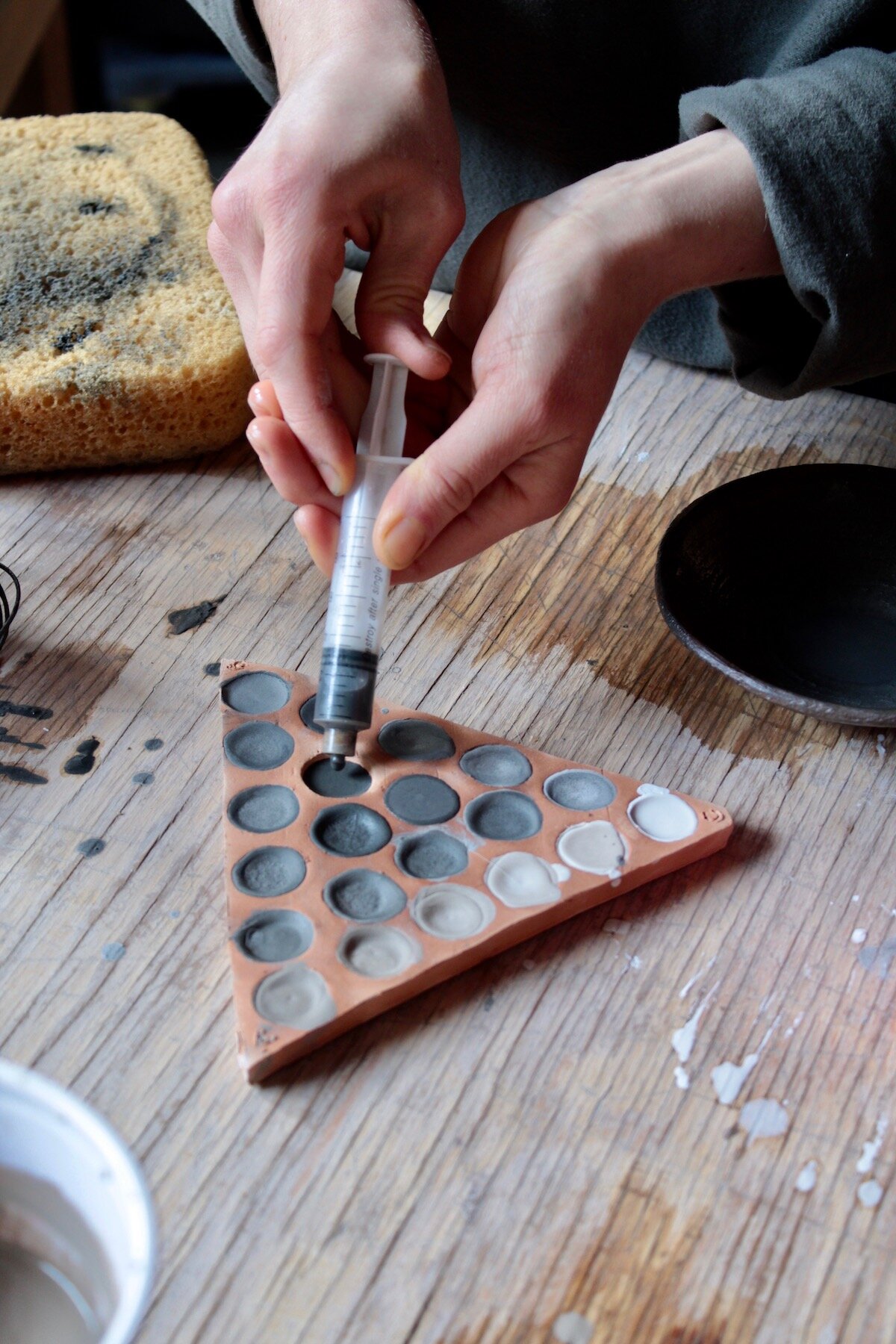
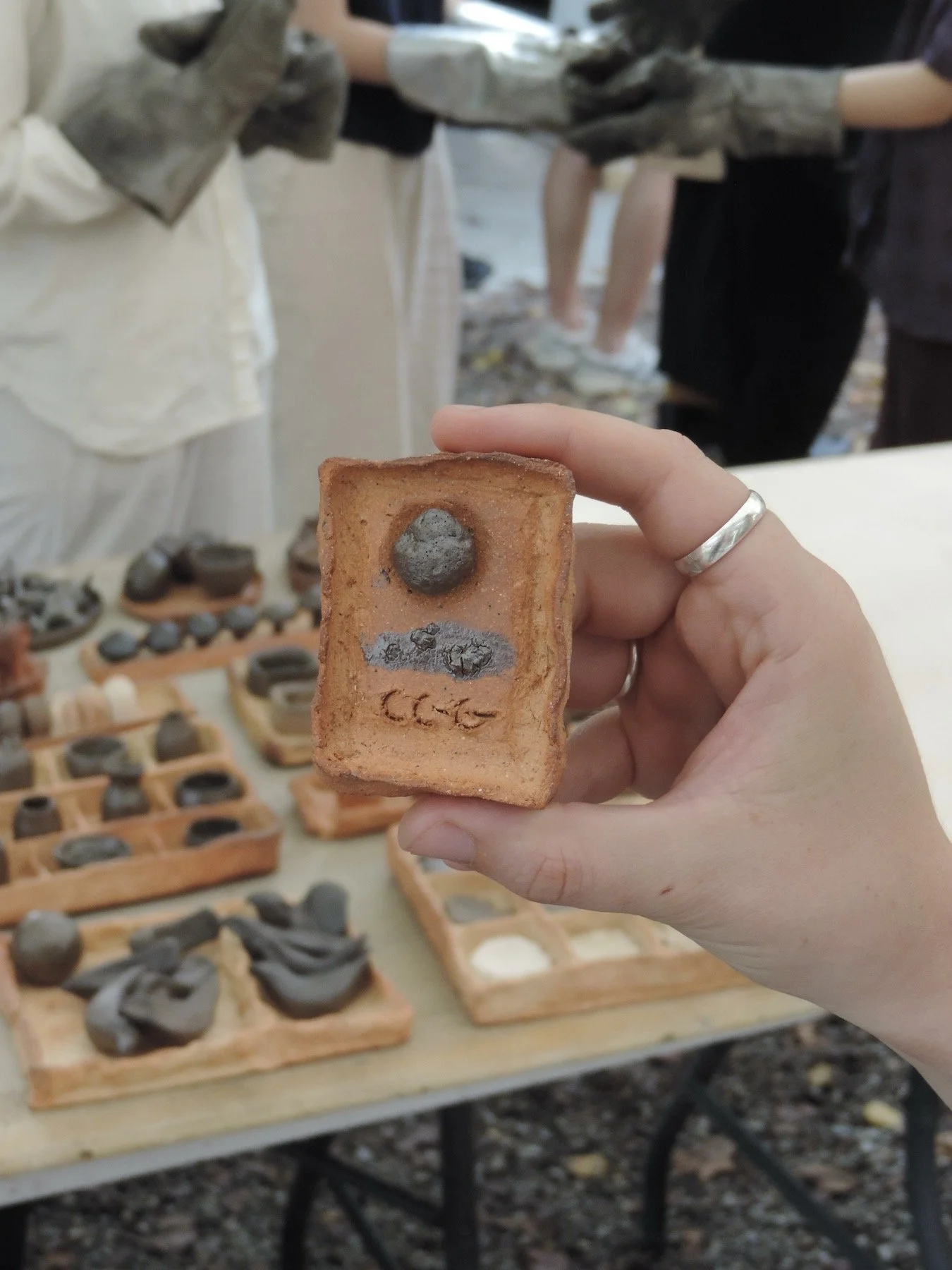
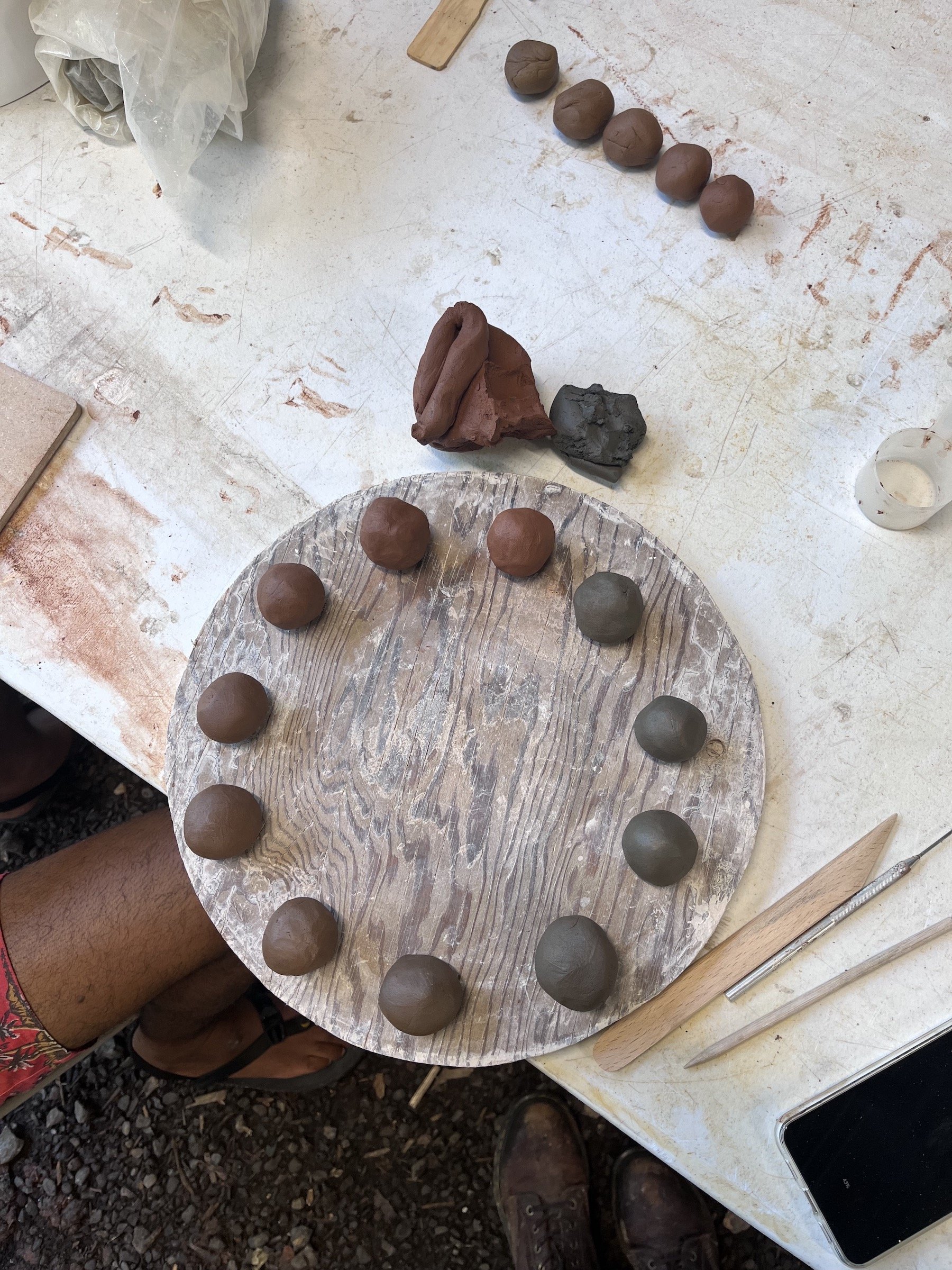
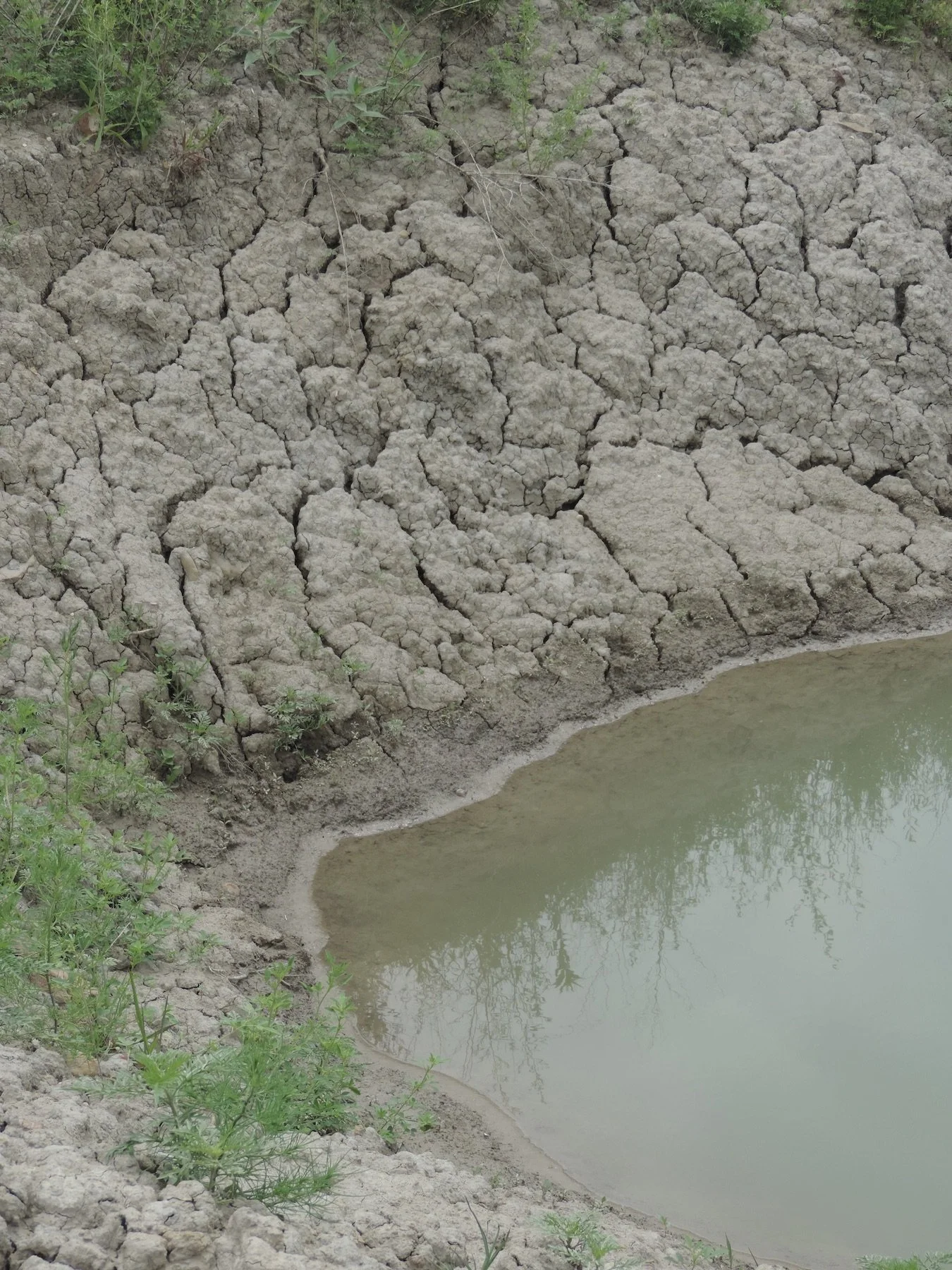
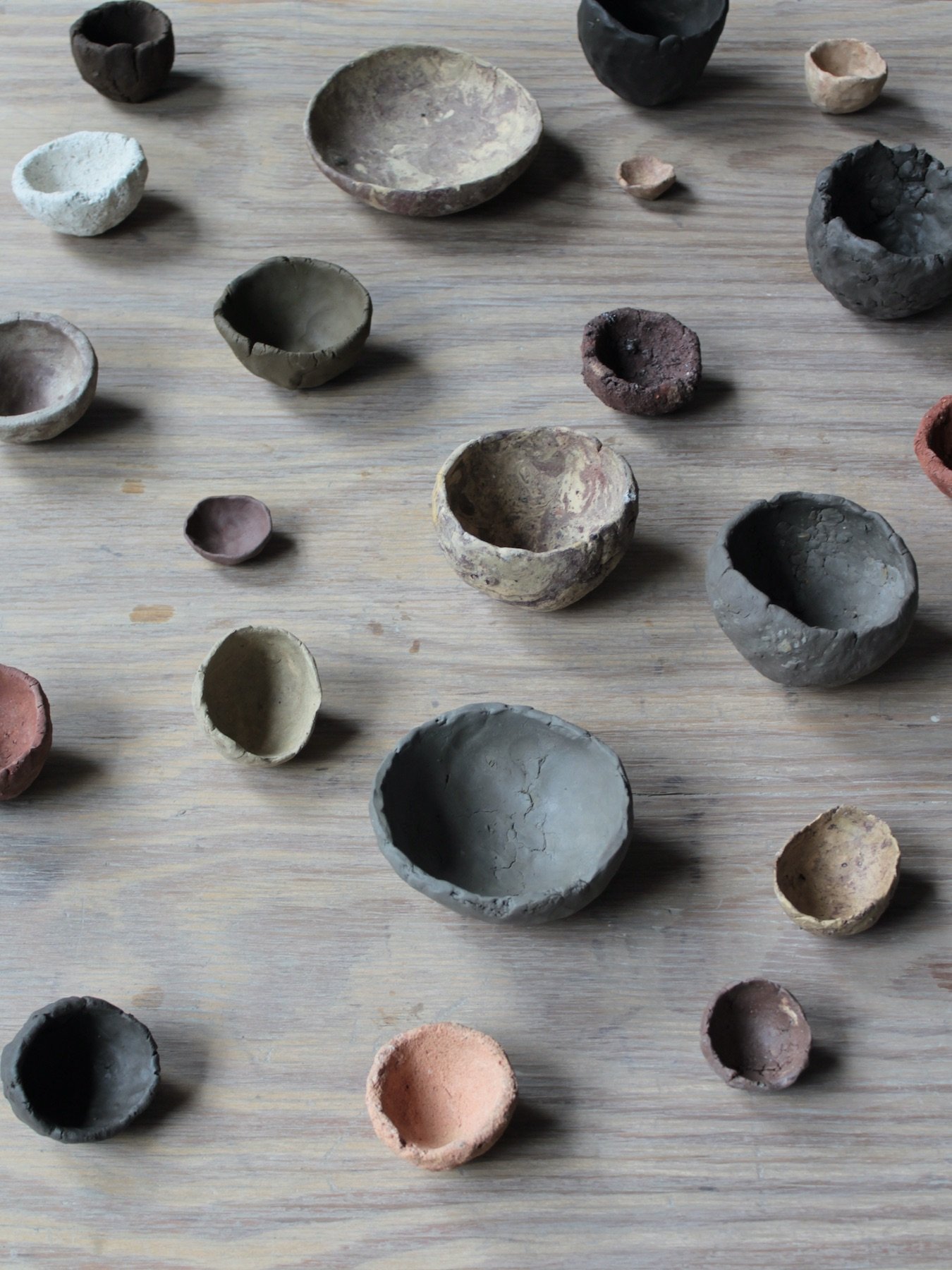

Intro to Local Materials: Online February 22-23
Saturday February 22 | 12 - 5 pm CT (12.00-17.00 Central Time)
+
Sunday February 23 | 12 - 5 pm CT (12.00-17.00 Central Time)
Intermediate Level: open to all skill levels, but covers technical material.
Description
Join us for an online workshop focused on techniques to create clay bodies, slips, and glazes for your studio practice using locally sourced materials. During this 2-day class we will discuss general clay properties, finding and sourcing wild clays, basic clay processing, and common testing procedures. Participants will be able to use this information to locate and test their own materials at home.
This workshop is designed as a demonstration, not as a work-along class. We encourage participants watch and ask questions during the demonstration, then work after class to try the techniques themselves.
This workshop will be taught over Zoom. Recordings will be sent to all registered participants at no additional charge. We recommend signing up even if you can’t join live for the entire duration.
All registrants will receive a digital copy of the Studio Alluvium Workbook outlining useful geologic information, clay harvesting resources, and testing procedures.
We offer 3 different payment options in order to make our workshops more accessible. Please use your best judgement when choosing your payment tier.
Subsidized Rate $175 : For individuals beginning their ceramics career, students, and anyone else who requires financial assistance.
Regular Rate $225 : Our standard tuition.
Sponsor Rate $275 : For individuals with the financial means to purchase regular rate tuition + a portion of a subsidized rate tuition. We thank you for your generosity!
Topics Covered
health and safety in the studio and field
defining clays
overview of clay types and their properties
finding and identifying wild clays and other resources
bulk processing techniques for clays and common non-clay materials
testing procedures (including line blends, triaxials, + grog tests)
interpreting finished results